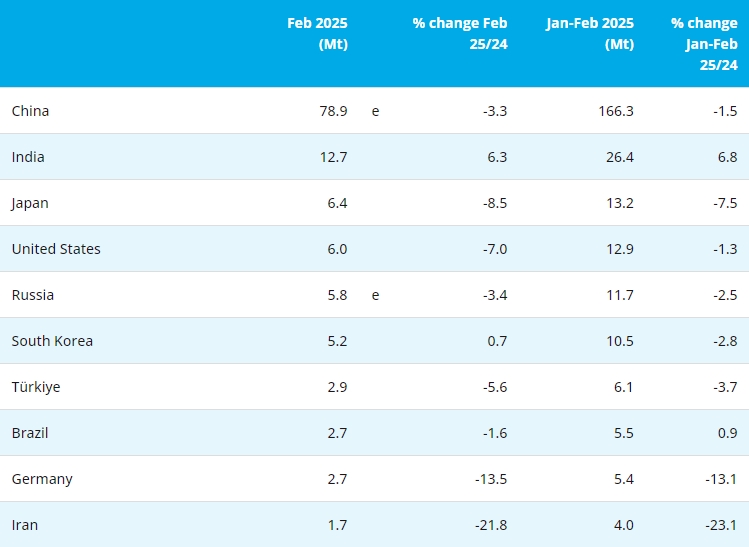China's State Administration of Taxation has recently issued a "Circular on strengthening the monitoring and investigation of cross-border affiliated transactions" to prevent multinational companies from transferring their overseas losses to affiliated domestic enterprises amid the global financial crisis, leading to a drain on domestic tax revenue.
The circular requires local tax departments to intensify monitoring on cross-border transactions, focusing on multinational companies which seek to transfer their overseas operating losses, including potential losses, to China, and shift profits made in China to overseas tax havens. Local tax departments should also step up functional risk analysis and comparative analysis to choose a reasonable approach for transfer pricing in order to ascertain the profitability of each enterprise.
According to the circular, enterprises established by multinational companies within China which have limited functions and bear limited risk, such as sole manufacturers, distributors or contracted research and development enterprises, should not bear marketing, decision making or other risks which are related to the global financial crisis. Under the principle of transfer pricing, functional risks should be proportional to their profits; these enterprises should maintain a reasonable level of profit.
Transfer pricing is a means often adopted by multinational companies to evade taxes. Companies (such as subsidiary companies) in high-tax regions often transfer their products and services at a price lower-than-cost to their affiliated companies (such as parent companies) in a lower-tax region, which subsequently sell these same products and services at high prices. As a result, the subsidiary company records losses, leaving profits to the parent company. Or the subsidiary company buys raw materials, services or licenses at higher-than-average prices from the parent company in order to transfer their profits to the parent company.
Since the 1990s when foreign investment speeded up in the Chinese market, the problem of foreign-invested enterprises transferring profits through cross-border transactions has become more prominent. This has been shown directly by their large losses.
According to statistics, before 2005, 55 percent of foreign-invested enterprises in China reported losses in their annual reports. A survey conducted by the National Bureau of Statistics in 2007 showed that two thirds of foreign-invested enterprises which reported losses evaded tax under the guise of reduced revenue and increased expenditure, transfer pricing and false costs, leading to China's tax losses of 30 billion yuan.
The severe tax situation this year is also a factor driving China's fiscal and tax departments to strictly control the transfer pricing behavior of foreign-invested enterprises. The State Administration of Taxation issued a notice in May demanding that tax departments in different regions strengthen their administration of major taxes including individual income tax, enterprise income tax and value-added tax. –People’s Daily Online
Copyright © 2013 Ferro-Alloys.Com. All Rights Reserved. Without permission, any unit and individual shall not copy or reprint!
- [Editor:editor]

庫4.jpg)

 Save
Save Print
Print Daily News
Daily News Research
Research Magazine
Magazine Company Database
Company Database Customized Database
Customized Database Conferences
Conferences Advertisement
Advertisement Trade
Trade










?bào)/2024/QQ截圖20250402170922.png)
?bào)/2024/微信圖片_20250328161757.jpg)


 Online inquiry
Online inquiry Contact
Contact

Tell Us What You Think